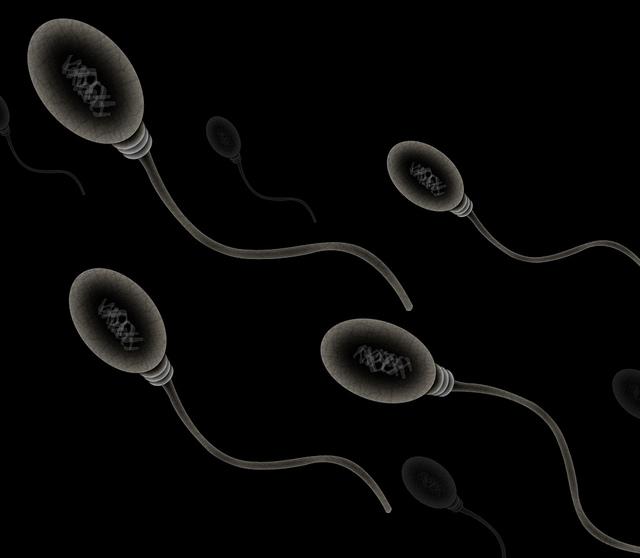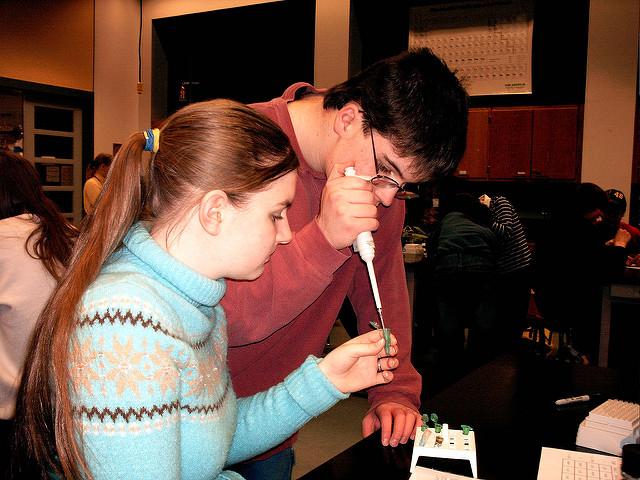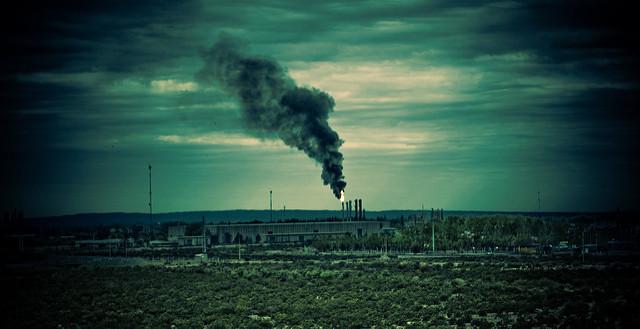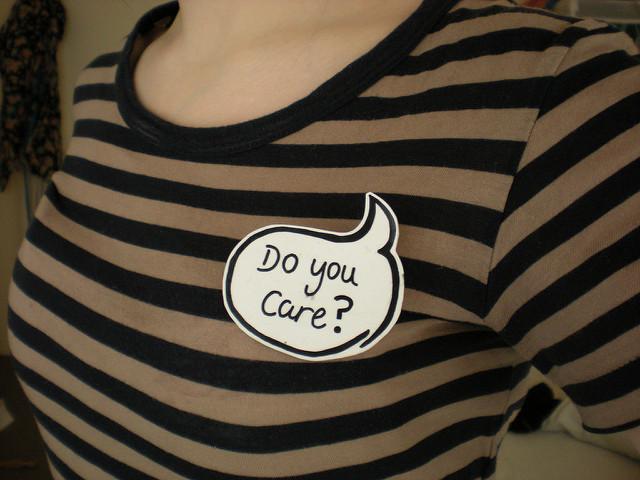Civil Society
Civil society typically refers to nonprofit advocacy organizations, sometimes called nongovernmental organizations (NGOs), that are political actors separate from government and private enterprises. For many important social issues, there are dense networks of civil society institutions. In general, they play an important role in holding governments accountable, countering the power of corporations, and contributing to democratic governance. Discussions of the social consequences of human biotechnologies are incomplete without the inclusion of civil society perspectives – for example, from reproductive, disability, LGBTQI, racial, and environmental justice movements – because of the potential for these technologies to exacerbate existing inequalities and create new ones.
Aggregated News
Advocates of science are in a bad place right now. Some days, in this Second Year of Trump, scientism—a blanket...
Aggregated News
This week, Senator Elizabeth Warren of Massachusetts announced that geneticists had analyzed her DNA and proved her longstanding claim that...











